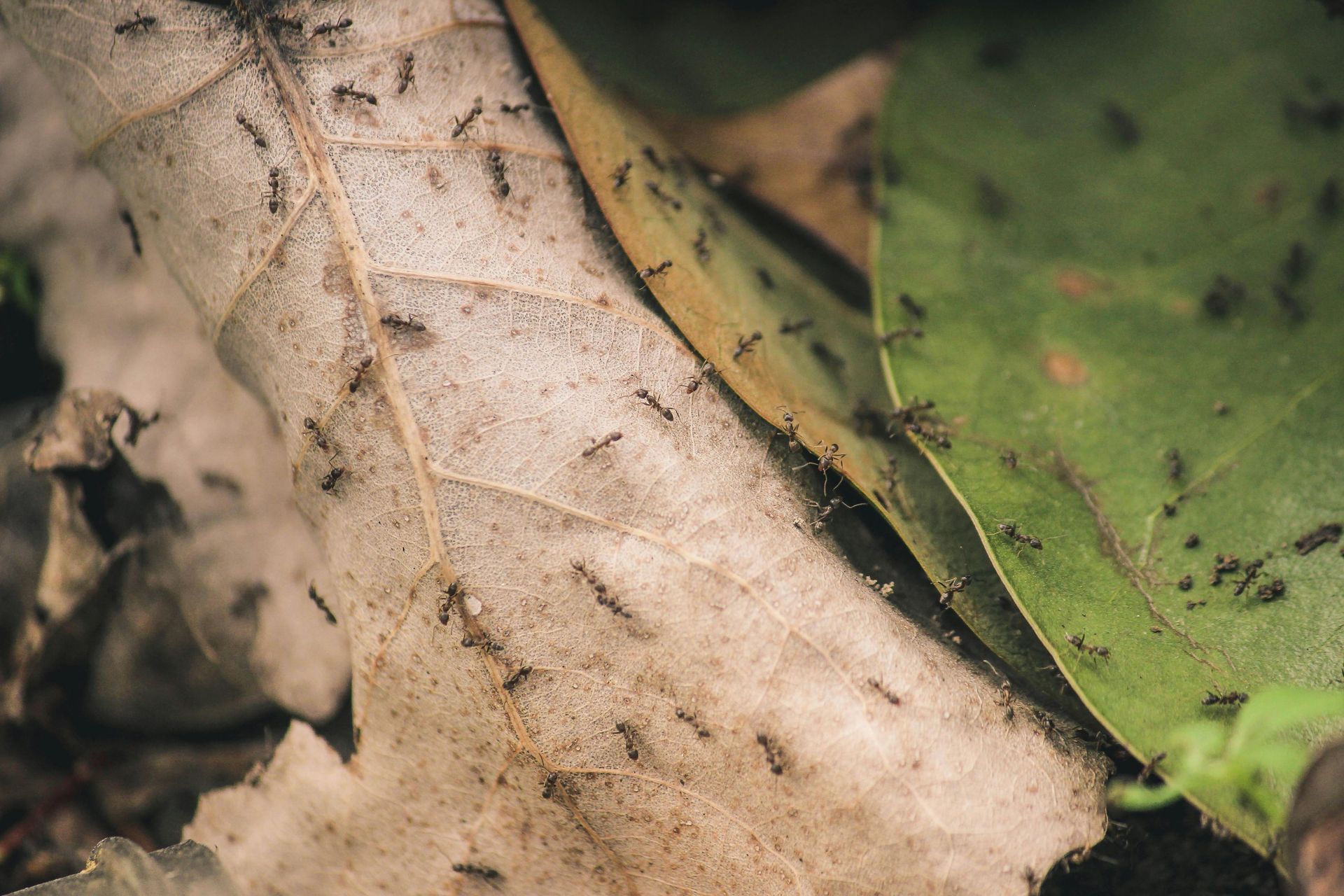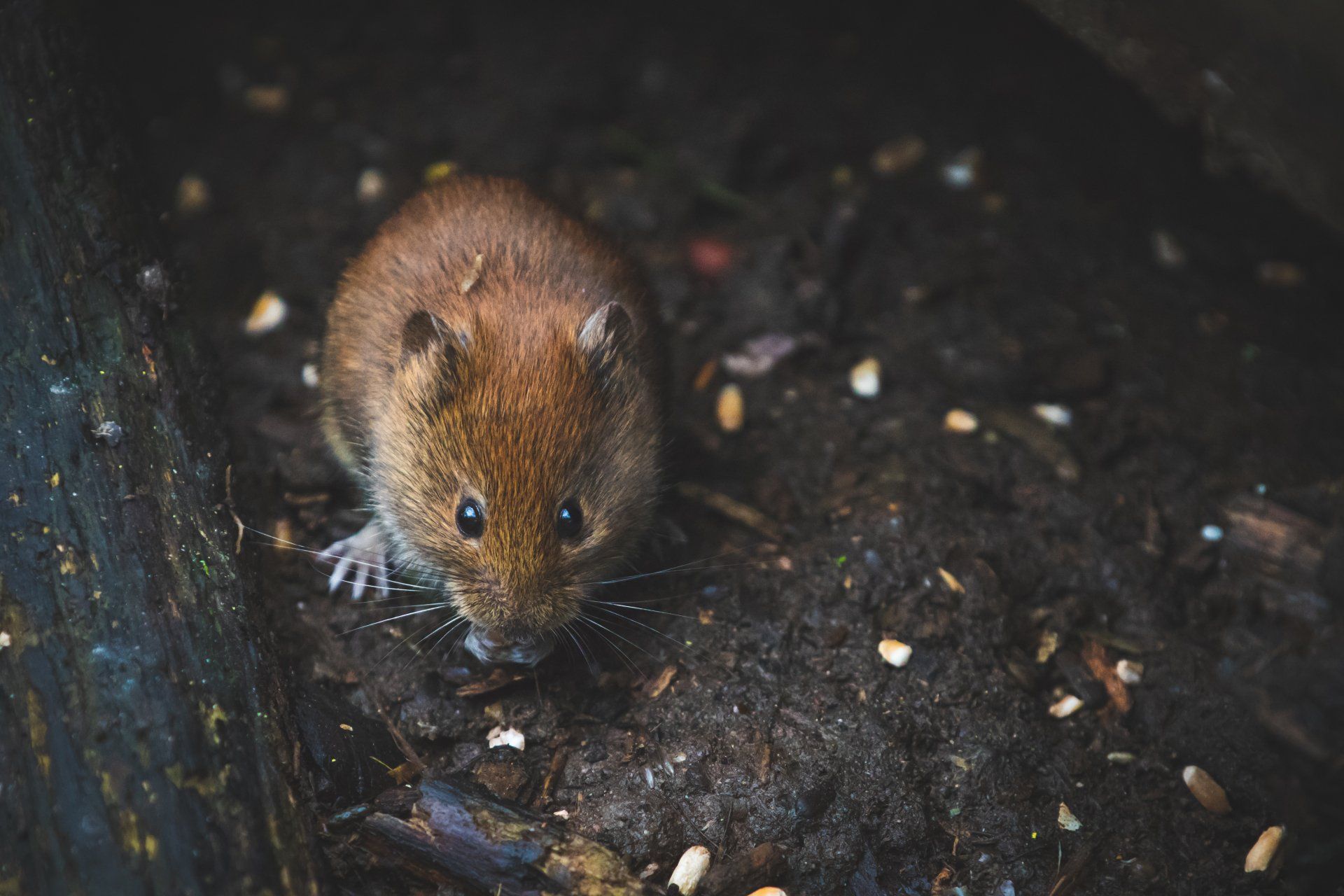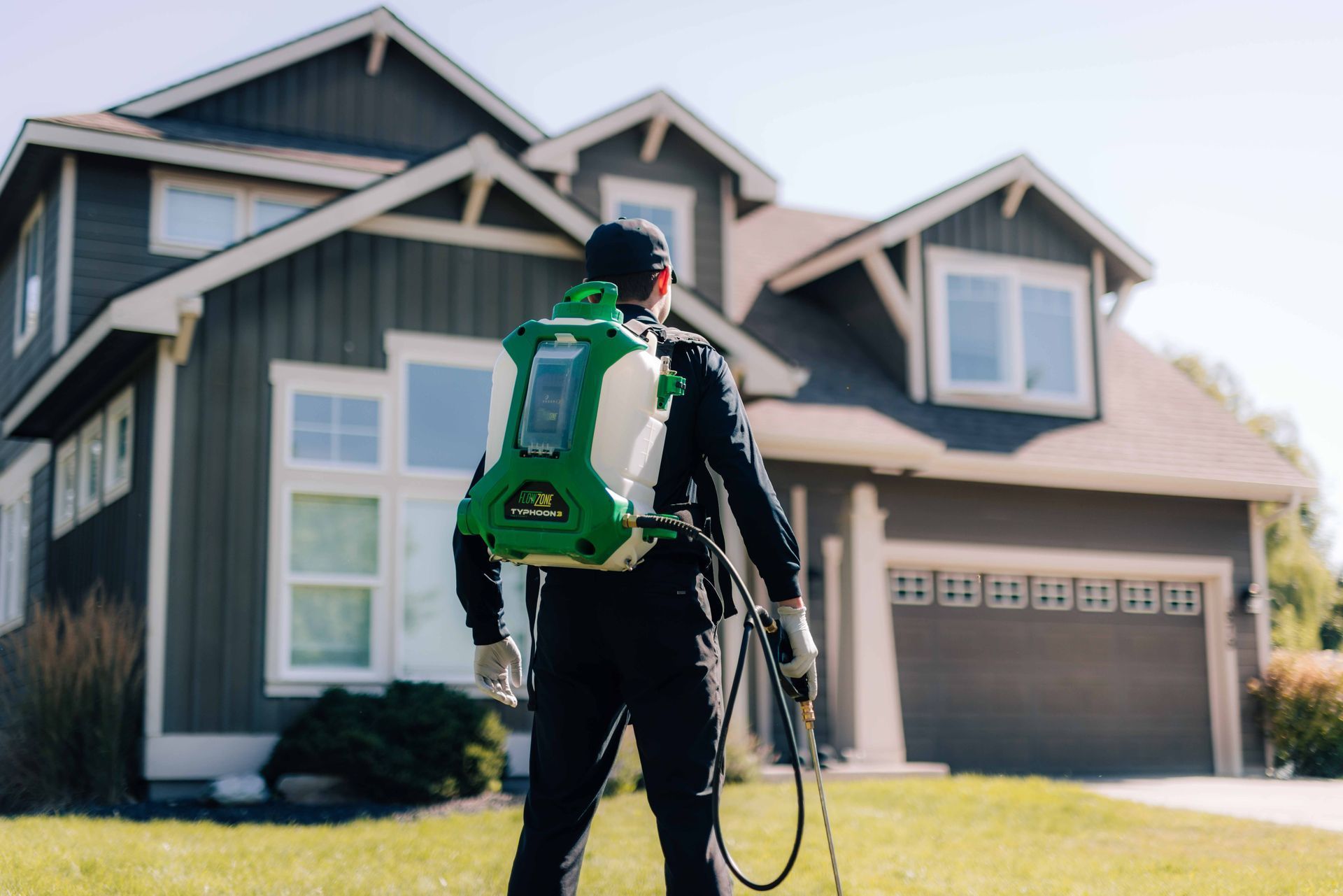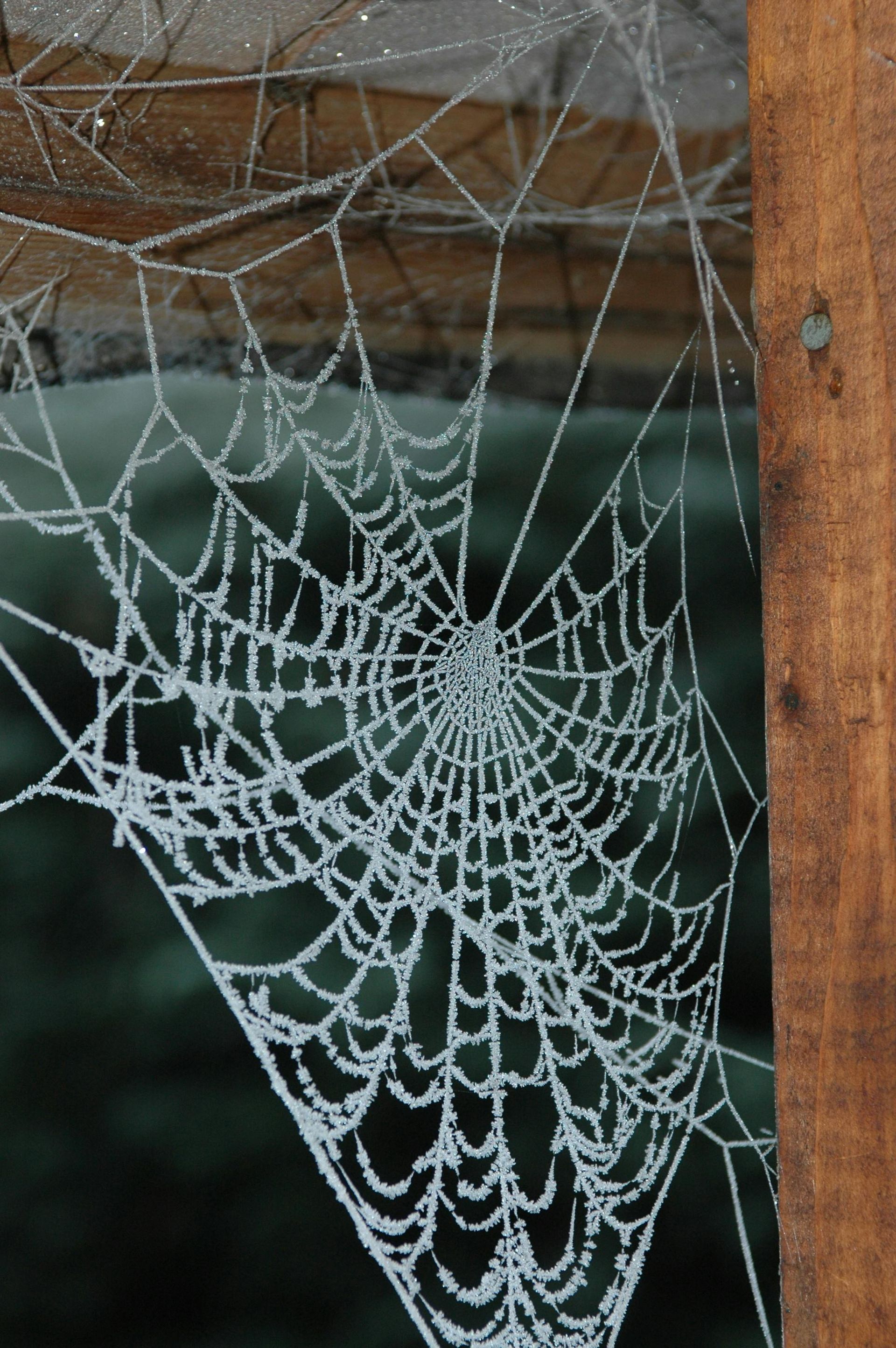What Is the Best Way to Keep Pests Out of My Home?
Effective Long Term Strategies to Prevent Pest Infestations

No one wants to deal with unwanted pests inside their home. Whether it’s ants in the kitchen, spiders in the basement, or rodents in the attic, pests can cause property damage, health risks, and a whole lot of stress. But the good news is that with a little knowledge and consistency, you can stop most pests before they ever enter your home.
If you're asking yourself, "What is the best way to keep pests out of my home?", this guide is for you. We’ll break down the most effective prevention methods to protect your home from common invaders and keep it pest free all year long.
Why Pest Prevention Is Better Than Pest Removal
Once pests are inside your home, the damage may already be underway. Rodents can chew through wires, cockroaches can contaminate food, and carpenter ants may silently eat away at structural wood. Treating an infestation after it begins is costly and time consuming. Taking preventive steps helps you:
- Avoid damage to your home
- Minimize health risks
- Save money on professional extermination
- Enjoy a cleaner, stress free living environment
Seal Off Access Points to Prevent Pests from Entering Your Home
One of the most important steps in pest prevention is closing off all possible entryways. Many pests enter through tiny cracks, gaps, or holes around your home’s exterior.
- Inspect doors, windows, foundations, and siding for small openings
- Use silicone caulk or expandable foam to seal cracks and crevices
- Install or repair door sweeps and weather stripping
- Cover vents and chimneys with fine mesh screens
Even the smallest gap (less than ¼ inch) can allow insects or rodents to squeeze through. A thorough inspection of your home’s perimeter will reduce easy access.
Keep a Clean and Organized Home to Eliminate Pest Attractions
Pests are always on the hunt for food and water, and a messy or cluttered home makes it easier for them to settle in unnoticed.
- Clean food crumbs and spills immediately from floors and countertops
- Store dry goods and pet food in sealed, airtight containers
- Take out the trash frequently and keep lids tightly secured
- Vacuum regularly and deep clean hard to reach areas like behind appliances and under furniture
Avoid leaving dishes in the sink overnight and regularly clean under cabinets and around kitchen appliances as these are common hiding spots for insects.
Fix Moisture Issues and Eliminate Water Sources That Attract Pests
Many pests, especially cockroaches, silverfish, and carpenter ants, are drawn to damp environments. Moisture not only provides hydration but can also soften materials like wood, making it easier for pests to nest.
- Repair leaking pipes, faucets, or appliances promptly
- Use dehumidifiers in basements, attics, and crawl spaces
- Ensure bathrooms and kitchens are well ventilated
- Clean gutters and downspouts to avoid pooling water around the home’s foundation
Managing moisture levels indoors and outdoors can significantly reduce the likelihood of pest activity.
Maintain Your Outdoor Space to Minimize Pest Activity Near Your Home
Your yard and landscaping can be a gateway for pests if not properly maintained. Many insects and rodents live outdoors and only come inside when conditions are right.
- Keep shrubs, trees, and branches trimmed away from your home
- Store firewood, mulch, and compost piles away from exterior walls
- Remove standing water from flowerpots, buckets, and other containers
- Mow the lawn regularly and clear out piles of leaves or other debris
Reducing shelter and nesting spots around your home will make it less inviting for pests to move closer or indoors.
Reduce Indoor Clutter to Eliminate Hiding Spots for Insects and Rodents
Cluttered spaces provide excellent hiding and breeding environments for pests. Areas with minimal movement are especially attractive to spiders, rodents, and other insects.
- Keep storage areas organized with labeled plastic bins instead of cardboard boxes
- Eliminate unnecessary paper piles, old clothing, or unused household items
- Regularly clean and organize attics, basements, garages, and closets
A clutter free environment also makes it easier to spot early signs of pest activity.
Inspect Your Home Regularly to Catch Pest Problems Early
A visual inspection of your home can help you catch signs of pest activity before an infestation occurs.
- Look for droppings, nests, chewed wires, or scratch marks in secluded areas
- Check for webs in corners, around windows, and in storage spaces
- Monitor pantries and dry goods for signs of insects or holes in packaging
- Pay attention to strange noises in walls or ceilings at night
Early detection is key to keeping pest issues manageable or avoiding them entirely.
Use Natural and Preventive Pest Repellents to Deter Common Invaders
If you prefer chemical free alternatives, several natural deterrents are safe and effective when used correctly.
- Peppermint oil: Deters spiders and mice. Mix with water and spray in entry points
- Vinegar solution: Wipes out ant trails and discourages future activity
- Diatomaceous earth: A natural powder that dehydrates crawling insects when spread in dry areas
- Bay leaves or cloves: Can repel pantry pests like weevils and moths
Natural remedies work best when combined with other prevention strategies, such as cleanliness and sealing gaps.
Schedule Seasonal Pest Control Services to Prevent Infestations
While DIY methods can be effective, professional pest control provides peace of mind through year-round protection. Preventative treatments often include:
- Exterior perimeter sprays
- Inspection and sealing of entry points
- Baiting and monitoring for high risk areas
- Targeted treatments for seasonal pests (e.g., ants in spring, rodents in fall)
Preventive pest control services reduce the risk of major infestations and ensure any issues are caught early.
Common Household Pests You Can Keep Out with These Methods
With consistent application of the tips above, you can protect your home from common pests, including:
- Ants
- Spiders
- Cockroaches
- Rodents (mice and rats)
- Termites
- Silverfish
- Centipedes
- Flies and mosquitoes
Conclusion: A Pest Free Home Starts with Proactive Prevention
Keeping pests out of your home is all about being proactive. The best pest control is prevention. By maintaining a clean home, sealing access points, controlling moisture, and scheduling routine inspections, you can greatly reduce the chances of an infestation.
Whether you're handling prevention yourself or working with a pest control professional, these steps will help keep your home comfortable, healthy, and pest free throughout the year.
Frequently Asked Questions (FAQ)
1. What is the number one cause of pest problems in homes?
Unsealed entry points and poor sanitation are the leading causes. Cracks in walls, crumbs on counters, and water leaks all attract pests.
2. Can pests get in even if my house is clean?
Yes. Even the cleanest homes can experience pest problems if there are structural vulnerabilities or nearby outdoor conditions that attract them.
3. Are natural repellents effective for long term pest control?
Natural remedies can help deter pests but work best when combined with preventive maintenance, cleaning, and sealing up your home.
4. How often should pest control be performed?
Most homes benefit from quarterly pest control treatments. Homes in high risk areas may need monthly or seasonal service.
5. When should I call a professional pest control company?
If you see frequent signs of pests, notice damage, or if DIY methods aren’t working, it’s time to consult with a professional for thorough, long term protection.



Contact
Weekdays
9 AM - 5 PM
Saturday
9 AM - 5 PM
Sunday
Closed
All Rights Reserved | Organix Pest Control







